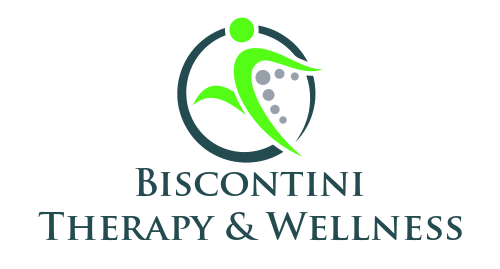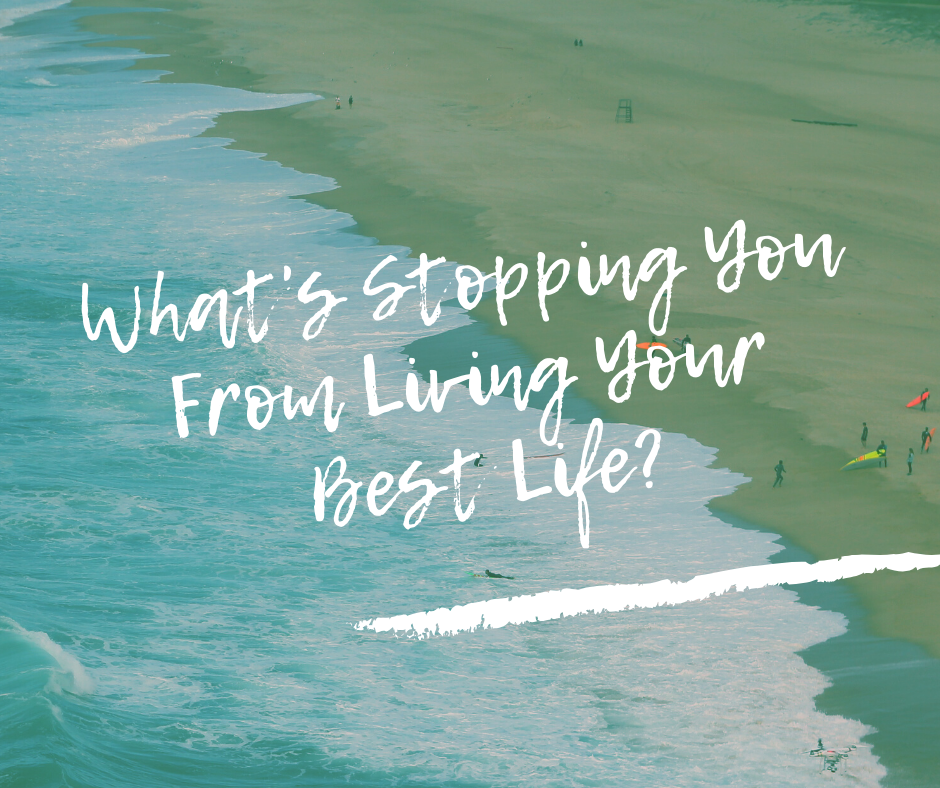Chances are, it’s you. Don’t get me wrong, I am not trying to diminish anyone’s feelings and/or limitations, but this is a common conversation that occurs. When I first meet new clients, I hear their goal is to get rid of their pain. That’s great, but they do not even know what they are looking for. All the missed moments with family and friends, spending time with children/grandchildren, their life should be the number one focus to getting back to, as we are not defined by our conditions.
Ask yourself these questions:
– How long have you been frustrated with whatever is going on and how long have you suffered through this?
– What have you personally done to help this condition besides saying going to a doctor, taking this medication, etc.?
– What are components of your life that you are missing out on because of this?
– Have you used time and/or money as reasons for not “being able to get better”?
Write down the answers to these questions and self-assess where you are at in the recovery process, as not everyone is in the same place, and that is perfectly fine.
The first question helps for you to truly identify what’s going on and to look deep within and not be blinded by pain. Pain often time masks the underlying condition which can lead you down a rabbit hole.
The second question addresses accountability, as often times whether we realize it or not, we are the ones who are holding ourselves back, but we tend to blame things in our control on others, and things out of our control on ourselves.
The third question is your true reason to wanting change in any aspect of your life, as this gives true meaning and should be priority #1, as it sets focused goals and what you value most.
The final question addresses trust.
Treatments are costly, unnecessary treatments may be time consuming, but also addresses your willingness to change and trust. We put a value to everything in life, how much will this cost, how long will this take? I get this all the time? I know they may not be ready yet, but want to further support them because there are fears associated with this. If someone commits their time and their money to their recovery and it does not work, there is a sense of hopelessness there. That fear that all options are eliminated is scary.
Ask yourself this, what is money and time to you if you can’t enjoy it with the ones who matter the most? Are those barriers fear based or are you just not being heard? Usually its a combination of both. When your care is focused on question 3, we see change, which usually causes a paradigm shift in the other questions, as now there is a purpose, not just treating pain. When you are being heard, your treatments are set to focus on meaning, which usually renders less time and overall less money spent to get you back to doing what you enjoy most. We just must self-assess where we are in the journey first.




